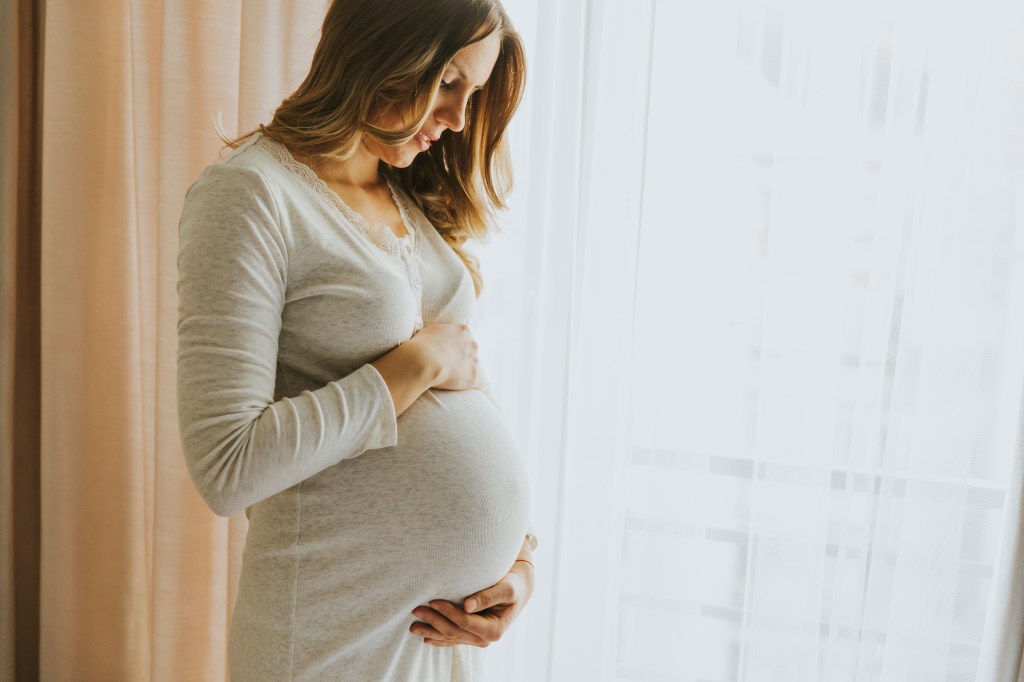Getting a viral infection during pregnancy can lead to a diagnosis of autism in the child, a new study in mice finds.
Irene Sanchez Martin, a postdoctoral researcher at Cold Spring Harbor Laboratory on Long Island, said that mouse embryos can show signs of developmental deficits soon after their mother is exposed to a virus.
“The model we use is very well established for autism spectrum disorder,” explained Sanchez Martin. “The difference in my work is that I check what happened to the fetuses 24 hours after exposure to maternal inflammation, instead of analyzing the offspring’s behaviors as adults.”

Autism – which is estimated to affect one in 36 American children – is a developmental disorder that affects the way people learn, behave, communicate and interact with others. There is no single known cause of autism, but genetics and environmental factors are believed to play a role.
Scientists have long studied maternal immune activation, the notion that inflammation due to infection during pregnancy can affect fetal brain development, increasing the risk of autism.

Cold Spring Harbor Lab says Sanchez Martin’s work represents the first look at the effects of prenatal inflammation in an embryo in an autistic model.
Sanchez Martin reports that in her experiments, all female mouse embryos appeared protected from developmental deficits, while up to a third of male embryos were strongly affected.
Boys are nearly four times more likely to be diagnosed with autism than girls, according to the Centers for Disease Control and Prevention (CDC).
Sanchez Martin’s research was presented this week at the Society for Neuroscience conference in Chicago. She hopes her work will eventually help identify early warning signs of autism – even before birth.
“There are many theories about what causes autism, but this study sheds new light on the issue. And if further study proves this to be true, it could pave the way for early intervention in pregnancy to prevent autism,” Dr. Victor Klein — Northwell Health System director of quality and patient safety, obstetrics and gynecology, who is not involved in the new research – told The Post.
The Cold Spring Harbor Lab study comes after researchers from the University of Michigan and the CDC reported that children born with congenital cytomegalovirus, a common viral infection, are nearly 2.5 times more likely to be diagnosed with autism.
The theory is that the virus can cause the mother’s immune system to activate. Researchers are advocating for routine neonatal screening for cytomegalovirus, which is often asymptomatic in pregnancy and at birth.
#illness #pregnancy #lead #autism #study
Image Source : nypost.com